
UNIDO has validated the gender and youth strategies and plans of the Ghana Circular Economy Centre (GCEC) project at a workshop held in Takoradi.
The event sought to strengthen efforts to position women and youth as the key beneficiaries of Ghana’s transition to a circular economy.
The workshop convened stakeholders, including representatives from Metropolitan, Municipal, and District Assemblies (MMDAs) in the Western and Central regions to review and confirm strategies that embed gender equality and youth inclusion across all project interventions.
Implemented by UNIDO in collaboration with the Ministry of Environment, Science and Technology (MEST) and funded by Global Affairs Canada, the GCEC project prioritizes women and youth as key beneficiaries. It aims to harness their potentials for innovation, entrepreneurship, and skills development across its focus value chains, which are plastics, agriculture and agro-processing, and textiles.
Providing an overview of the project, Joseph Yeboah, the Strategic Partnerships and Engagements Lead of GCEC project, said the $5.3 million intervention is designed to drive Ghana’s shift from a linear “take-make-dispose” model to a regenerative circular economy.
“Circular solutions hold strong potential to catalyze inclusive growth, unlock investments, and create jobs,” he said, adding that women and youth are strategically positioned to take centre stage of this transformation.
He mentioned that the project has established a centre of excellence to deliver training, technical assistance, and access to finance for small-scale entrepreneurs on circular economy principles and best practices.
“We are targeting outcomes such as training 2,000 women and youth entrepreneurs, validating 200 circular technologies and business models, and mobilizing at least $10 million in private capital to scale circular innovations,” Mr. Joseph Yeboah stated.
He further noted that the project’s goal is to enhance circular economy-based prosperity and improve environmental sustainability in Ghana.
“By focusing on women and youth while strengthening private sector and informal sector participation, we will build a robust ecosystem that supports inclusive and sustainable industrial development,” he added.
Eric Gyenin, UNIDO’s Country Project Coordinator, emphasized that placing women and youth at the centre of circular initiatives drives equitable economic transformation. He noted that the project aligns with UNIDO’s mandate to advance inclusive and sustainable industrial development in Ghana.
Participants endorsed the strategies and pledged to support local action plans that empower women and youth, create jobs, and promote circular economy practices in their communities.
The validation workshop marks a decisive step in embedding gender and youth priorities into Ghana’s circular economy agenda and building a more inclusive and sustainable future.
The post UNIDO Validates GCEC Project’s on Gender and Youth Strategies appeared first on The Ghanaian Chronicle.
Read Full Story



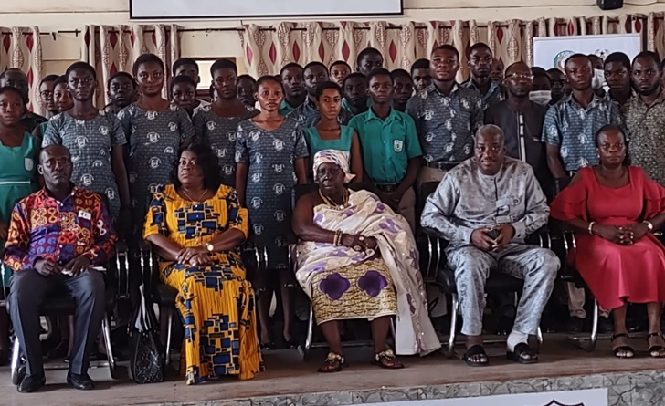


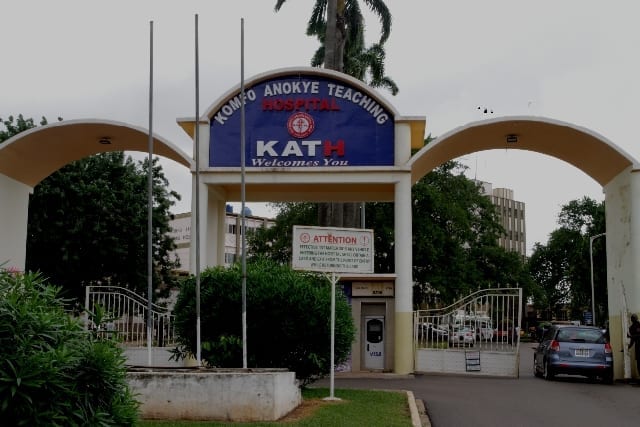

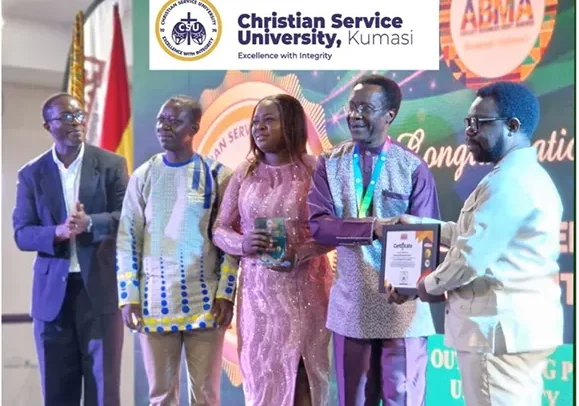









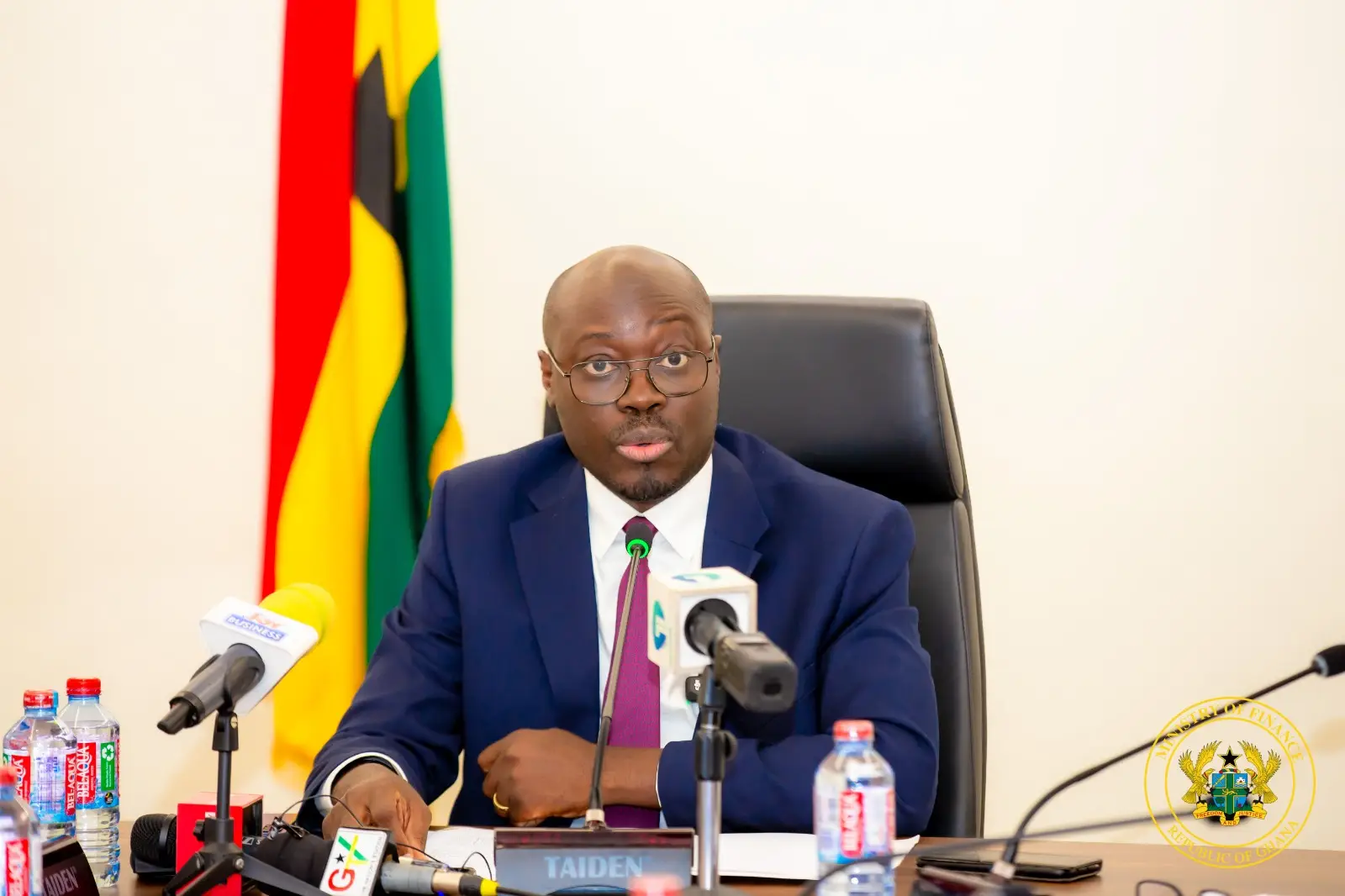

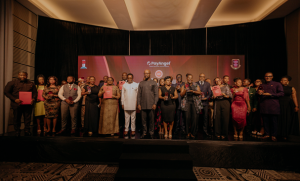
Facebook
Twitter
Pinterest
Instagram
Google+
YouTube
LinkedIn
RSS